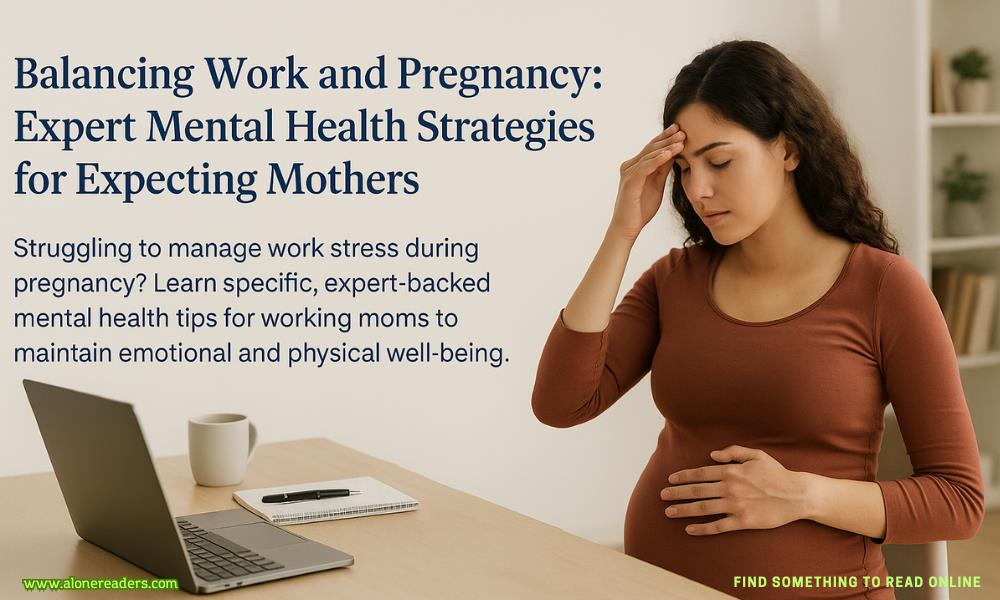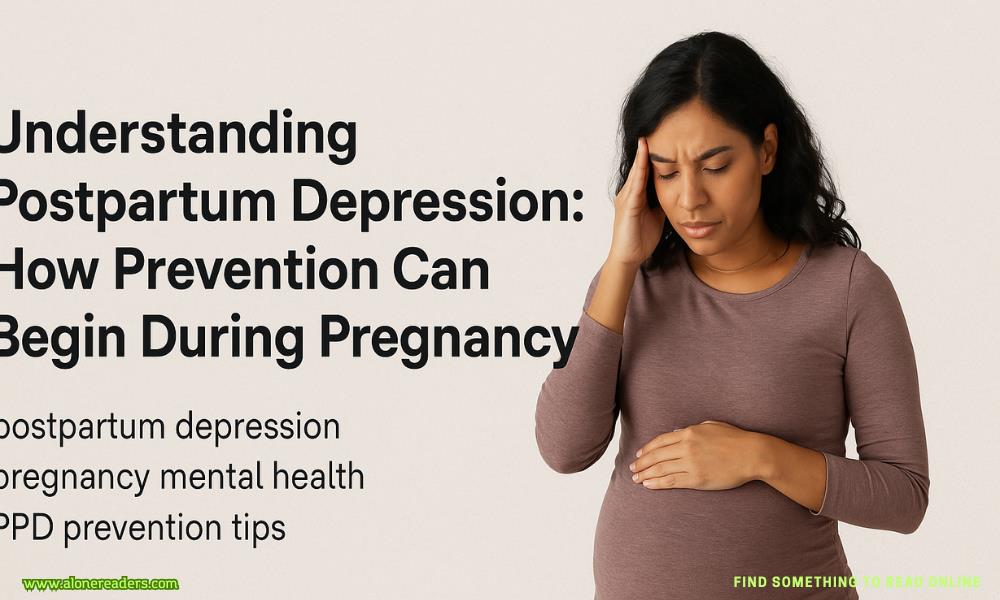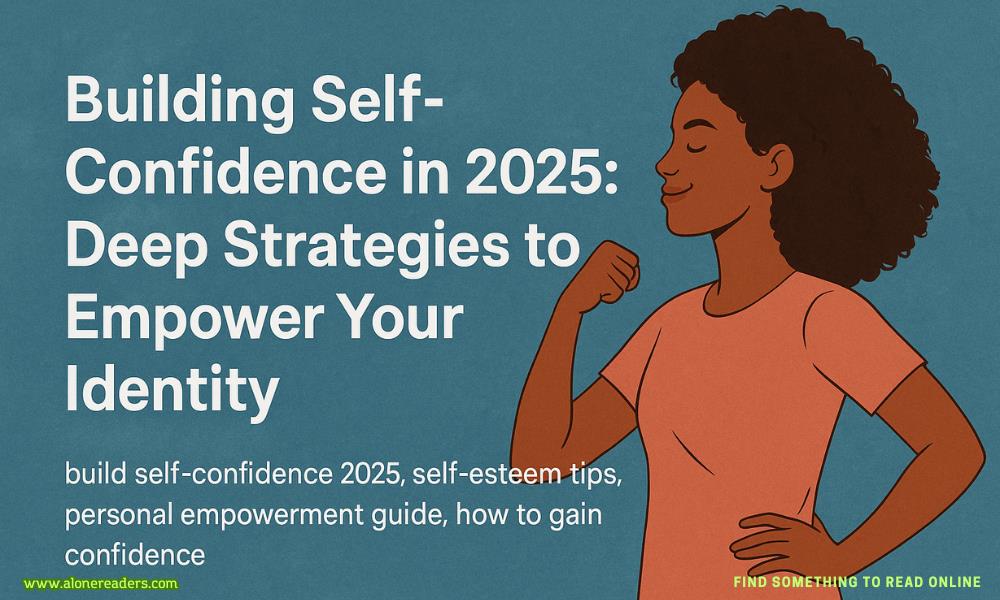Page 5 of Best Kept Vows
What did that even mean? What was I going to fix, and with whom? The company? The kids? Lia?
After the interminable meeting, Jane suggested we move our lunch from my office to The Olde Pink House. I didn’t mind. It was a break from the monotony, and besides, we had to head to the factory later—a solid forty-five-minute drive from Savannah, assuming traffic wasn’t a nightmare. We had a meeting with the head of supply chain to sort out yet another issue with raw material shipments.
The problems were never-ending.
I ran a hand over my face. “Lia’s graduation was today. I didn’t go.”
Jane gave a sharp nod of approval. “We had the quarterly meeting.”
Yeah, we did, and…I should’ve at least sent Lia a message. Now, it felt like it was too late and what would I say?Hey, couldn’t make it because of a meeting, and now I’m having lunch with a colleague.
I wearily looked around the restaurant, which had stood since the eighteenth century, its pale pink walls sheltering locals and tourists alike. Crystal chandeliers cast a warm glow over polished wood floors, and waiters in crisp white shirts weaved through the dining room with plates of shrimpand grits, fried flounder, and she-crab soup. It was Savannah charm at its finest, and I’d barely touched my meal, even though when we got here, I was starving.
“I know! The kids are pissed with me.” I sighed.
Jane arched a brow. “Has Lia said anything?”
I shook my head. Lia would never. My wife was the exact opposite of Jane—the woman everyone half-joked was my “work wife.” Where Jane was blonde, polished, and built like she belonged on the cover of a business magazine—power suit tailored to perfection, legs always crossed just so, her manicured fingers designed to be curled around a glass of an expensive drink—but Lia was petite, soft-spoken, the quintessential girl next door. Jane thrived in boardrooms and high-pressure negotiations. Lia, on the other hand, had always found her rhythm at home, which was why I didn’t know what to do with her sudden, out-of-nowhere decision to get an MBA.
But I thought,fine, let her go back to school; then, at least, she’d be out of my hair. I felt guilty as soon as I thought that. Lia wasnevera bother. She was the most patient wife a man could have. No, her studying and being busy made me feel less guilty for spending all my time at work. If she was in classes and working on projects and exams, I was wholly entitled to pull in the long hours, since I was the breadwinner.
That had been how we’d divided our marriage—she took care of the house and the kids, and I took care of everything else. It had been working just fineuntilI took over Boone Metals.
“No,Lia hasn’t said a thing.” I huffed out a short breath. “But I should have been there.”
She waved a dismissive hand. “Sebastian, come on. It’s not like it was arealdegree. An MBA? From Savannah State?” She shook her head, amused. “Your wife can’t expect you to drop everything. You’re running a company. You’re dealing with several crises.”
A flicker of irritation ran through me at how dismissive she sounded about Lia. But the truth was, I’d been saying the same thing for years—that the business had to come first, that Lia had to get with that. And she had.She did.
Lia had sent me the invite for the graduation ceremony well in advance and even asked my PA to put it on my calendar. I had chosen not to move the quarterly finance meeting, even though Kayla, my PA, had asked if she should.
Why hadn’t I?
I rubbed the back of my neck.
I didn’t like the way Jane made Lia seem irrelevant.Unimportant. But could I really blame her? Like Jane, I saw Lia’s pursuit of a graduate degree as little more than a vanity project—something to fill the void after the kids moved out. Which was fine, but why did I have to get dragged into it?
I tapped my fingers on the table. “I’ll make it up to her.”
Jane sighed and put her hand on mine. “Sebastian,” she murmured, “you have bigger things to worry about than your wife’s bruised feelings. She’s married to the CEO of a company, and that comes with responsibilities. She knows that, doesn’t she?”
I nodded because Lia did, but the uneasy feeling in mygut didn’t go away. And that feeling only exploded when, after I dropped my credit card on the bill, I heard my baby girl’s voice.
“Dad?”
“Ada, darlin’.” I immediately rose, my mood lightening. My children made me happy. Since they’d moved out of our home, I didn’t see them much, so when I did, it was always a pleasure.
I hugged her, my hands gripping her tightly like I could smooth over whatever had cracked between us with sheer force because something had.
I’d been feeling it for months.
“How wonderful to see you.”
“Hello, Ada.” Jane smiled.
“Hi,” Ada said it almost perfunctorily, sending Jane a flat, unimpressed stare.
She looked like a mini-Lia—petite, graceful, that same Audrey Hepburn elegance. But her eyes, sharp and blue, were mine. And right now, they were locked on me with angeranddisappointment.
- Her Irresistible Husband by Marian Tee
- Bratva Past by Sam Crescent
- Unbroken by Jane Henry
- Tattooed Vow by Kat Steele
- Broken by Jordan Marie
- Pleasure Lessons by Jenna Rose
- Craved By Gray by Cassi Hart
- Road Trip With Her Daddy Protector by Lizzie Sparks
- My Tempting Mountain Man by Lizzie Sparks
- Text Me, Take Me by Flora Ferrari
- Twisted Fate by M. James
- Born in Sin by Shilpa Suraj
- Exposed by Samantha Wilde
- Beyond Repair: Part One by Y.V. Larson
- Eternal Pieces by Hana Meadows
- Special Agent Anastacia by Mimi Barbour







